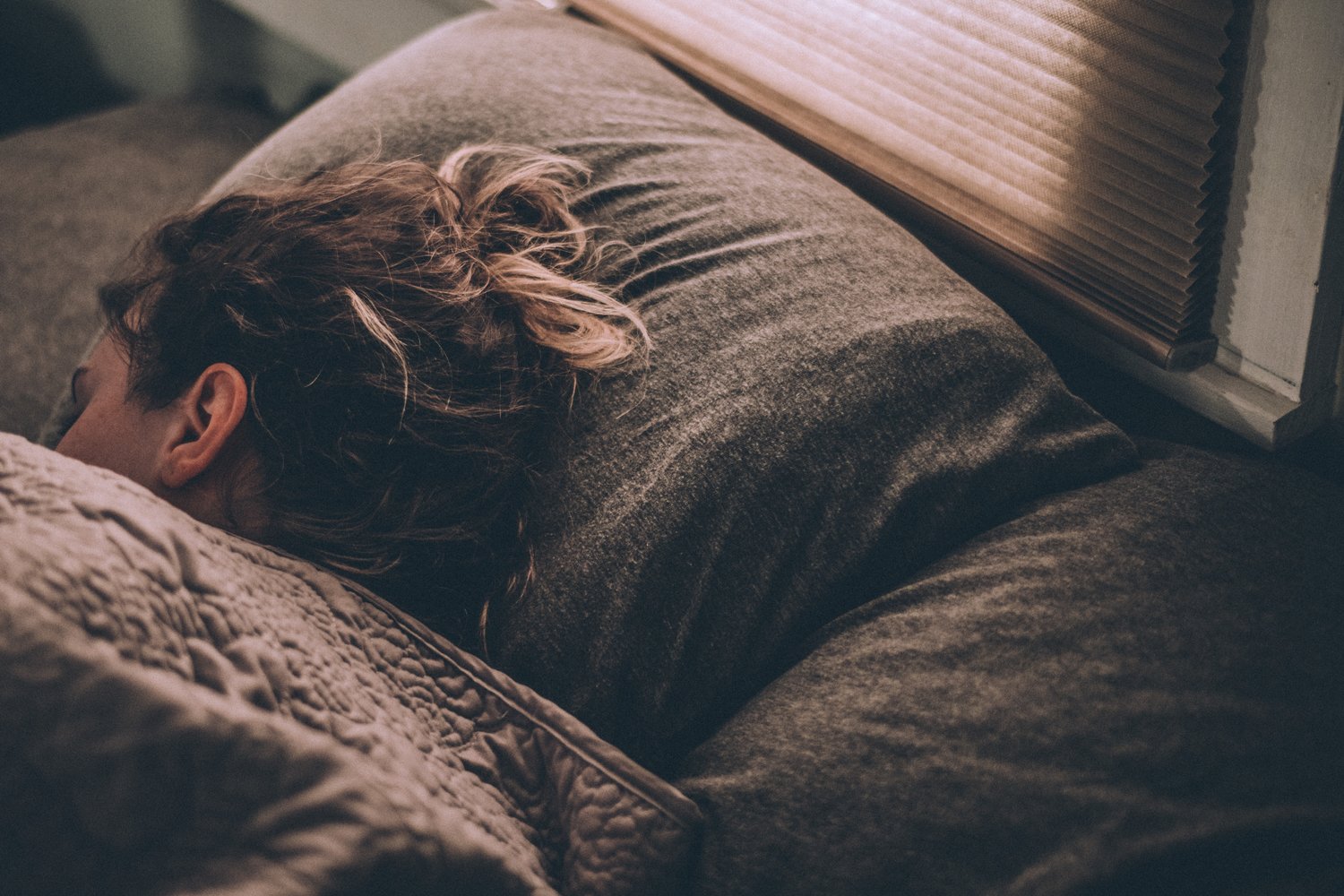Depression therapy London: When should you seek help?

Depression can take hold of your life and make you feel like there’s no escape. It impacts how you feel, think and act. From severe low moods to the inability to function in certain situations (such as at work or social events), it is a serious medical illness that needs treating. Read more to find out how counselling and psychotherapy can help.
Discover 5 ways CBT can help with anxiety & depression

Cognitive-behavioural therapy (CBT) is a therapy technique that aims to improve mental health by improving thought patterns. It focuses on changing destructive cognitive thought processes and behaviours.
Saying “NO”

Since we are born we are told “no” quite a few times. We are too little to understand that when parents say “no” due to different reasons, most of the times is for our own benefit and safety. When we are young we have a limited perspective regarding what’s good and healthy for us and what’s not. Our parents/carers take the responsibility to teach us that and show us that our choices have consequences. It’s like crossing the street: if you don’t look right or left, you might get hit by a car. But if you make the conscious choice of looking right or left, you might protect your life and even save it.
People with depression use language differently – here’s how to spot it

From the way you move and sleep, to how you interact with people around you, depression changes just about everything. It is even noticeable in the way you speak and express yourself in writing. Sometimes this “language of depression” can have a powerful effect on others. Just consider the impact of the poetry and song lyrics of Sylvia Plath and Kurt Cobain, who both killed themselves after suffering from depression.
Top five ways to boost your health in 2019 – based on the latest research

It’s the start of a new year and there is no doubt that 2019 will be as saturated with nutritional nonsense as 2018. From appetite suppressant lollipops to activated charcoal, the wellness industry was worth $4.2 trillion in 2017 and this figure is set to keep rising.
Emotions: how humans regulate them and why some people can’t

Take the following scenario. You are nearing the end of a busy day at work, when a comment from your boss diminishes what’s left of your dwindling patience. You turn, red-faced, towards the source of your indignation. It is then that you stop, reflect, and choose not to voice your displeasure. After all, the shift is nearly over.
How perfectionism can lead to depression in students

The pressures of young adulthood coupled with the demands of university leave undergraduates at risk for depressive symptoms. In fact, nearly 30% of undergraduates suffer from depressive symptoms, which is threefold higher than the general population. As such, researchers are increasingly interested in identifying factors that contribute to depressive symptoms to help curb the ever-increasing depression epidemic. Our new study, published in Personality and Individual Differences, focused on one such factor, perfectionism, and its depressing consequences.
Anxiety disorders: stop censoring yourself and learn to lose

People with an anxiety disorder often edit what they’re about to say in their minds, because they don’t want to offend anyone; they try to find the perfect moment to bring up something; and they worry about the impact that they have on other people. In general, they tend to assume the worst and worry about all the things that might go wrong.
Why having a conversation about mental health in the workplace might not be so simple

For many people experiencing mental health difficulties, fear of the stigma associated with conditions can affect how they relate to others. This fear is not just limited to social interactions, it can affect all aspects of life, including the workplace.
Sleep Research Uncovers Dire Consequences To Deprivation

Researchers at Michigan State University conducted the largest experimentally controlled study on sleep deprivation to date, revealing just how detrimental operating without sleep can be in everything from bakers adding too much salt to cookies to surgeons botching surgeries.